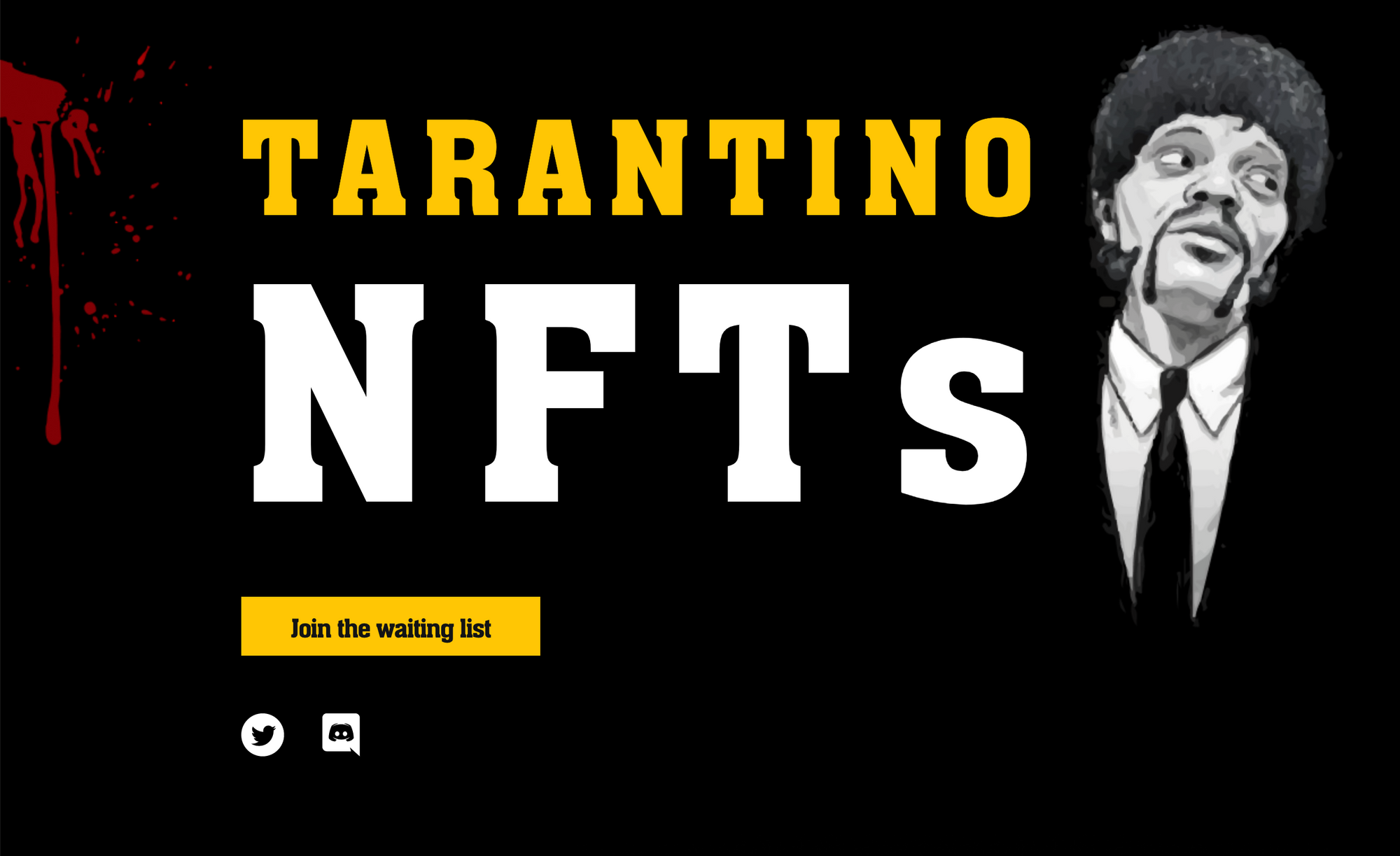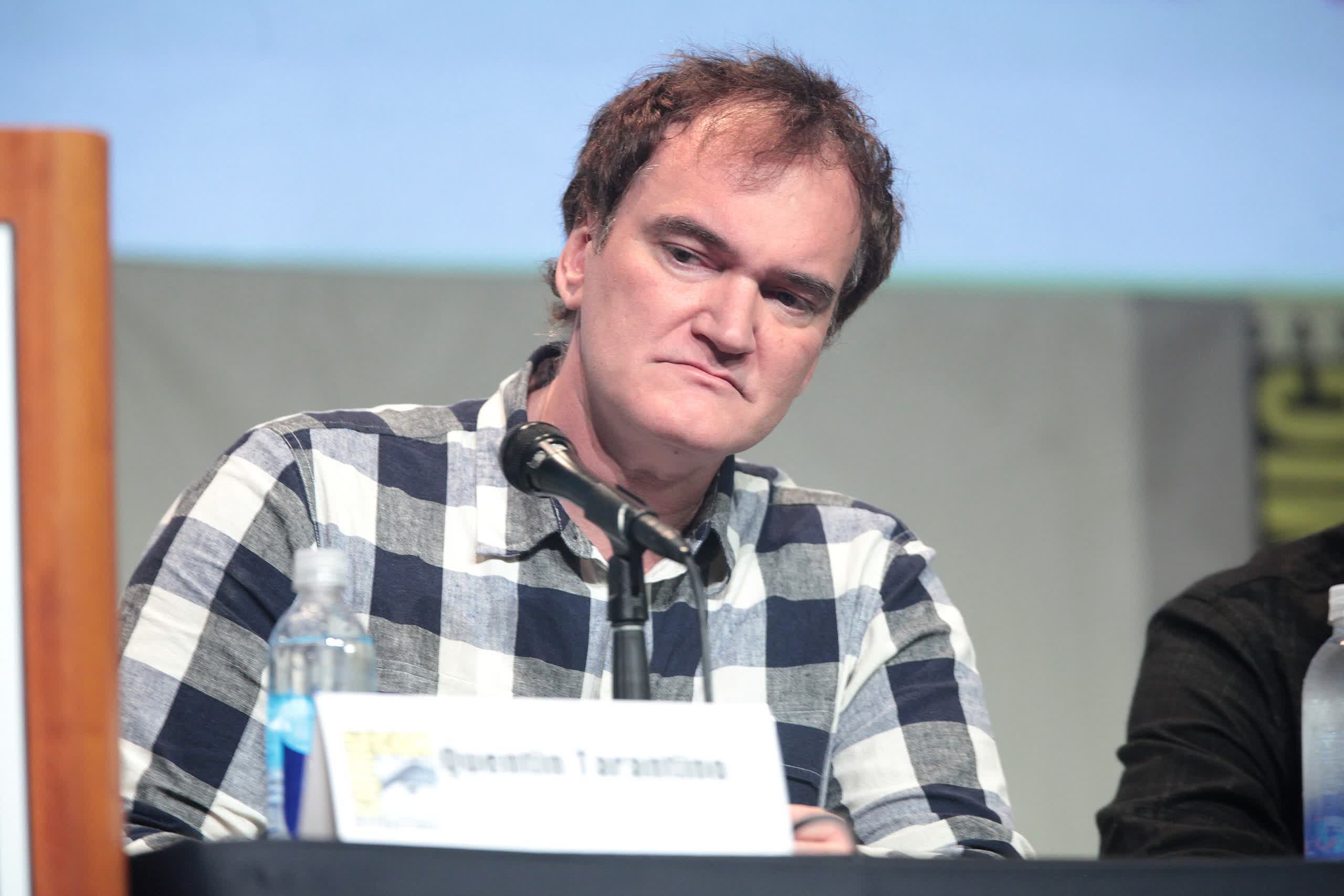In brief: It seems non-fungible tokens are good at attracting two things: money and controversy. Just ask Quentin Tarantino, who is being sued by Miramax for selling NFTs based on the Pulp Fiction screenplay.
The situation began on November 2 when Tarantino used the NFT.NYC crypto-art conference to announce he would be turning seven scenes from Pulp Fiction into "secret" NFTs---the secret part meaning they come with content visible only to the owner, unlike standard NFTs. Each one features digitized excerpts from the original handwritten script for the film and audio commentary from Tarantino. They're set to be auctioned off on OpenSea, the world's largest NFT marketplace.
But it seems Miramax, which retains the rights to the 1994 cult movie, isn't happy about Tarantino joining the likes of David Lynch and Wong Kar Wai on the NFT bandwagon. The company has filed a breach-of-contract and infringement lawsuit in California against the director, and it sent a cease and desist letter demanding the sale not go ahead.

"This group chose to recklessly, greedily, and intentionally disregard the agreement that Quentin signed instead of following the clear legal and ethical approach of simply communicating with Miramax about his proposed ideas," said Miramax attorney Bart Williams. "This one-off effort devalues the NFT rights to 'Pulp Fiction,' which Miramax intends to maximize through a strategic, comprehensive approach."
"Left unchecked, Tarantino's conduct could mislead others into believing Miramax is involved in his venture," the suit states. "And it could also mislead others into believing they have the rights to pursue similar deals or offerings, when in fact Miramax holds the rights needed to develop, market, and sell NFTs relating to its deep film library."
Variety writes that much of the case hinges on whether the NFTs qualify as a "publication" of the screenplay. Tarantino's lawyer has told Miramax that the director retained the right to publish his screenplay in the Miramax contract, but the company argues that the NFTs represent a one-time sale and are not equivalent to the publication of a screenplay.
In other NFT news, head of Xbox Phil Spencer recently warned that blockchain games can be "more exploitative than entertainment." The statement comes after both Ubisoft and EA said they would be embracing play-to-win titles.
